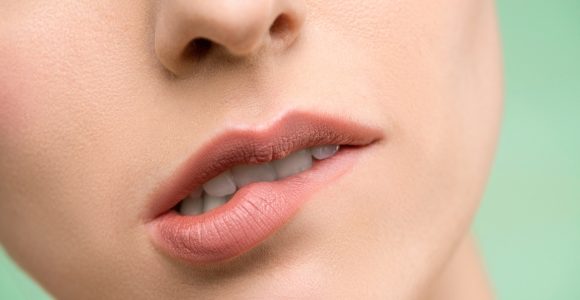How your teeth can affect your sleep


Most people assume that your teeth can only negatively impact your sleep if you have a toothache.
But, even if you have never had a filling, there are still ways that your teeth can be causing issues with your sleep. Indeed, if you have a dental misalignment, particularly with your molar teeth, or missing teeth, this can cause you to lose more than a couple of hours of beauty sleep each night!
It may not be your first medical appointment choice, but if you notice issues with concentration during the day and common illnesses have been ruled out by doctors, it is time to see your dentist in Parramatta.
Grinding
When you fall asleep, the muscles around your face relax, and your jaw begins to hang slightly. This is normal and can be the cause of some of that drool on your pillow each morning!
But if you’re unable to relax your jaw while you sleep, it is highly probable that you have a problem. Take Bruxism for example; a condition that causes you to grind and clench your teeth while you’re asleep. The primary damage caused by the condition is generally the erosion of enamel, but it could lead to other, more serious issues such as periodontal disease, headaches, facial pain, and many more. Massage for bruxism is one of the foremost ways to help deal with the condition, but if there are other issues involved, you ought to regularly consult a dentist to find some corrective measures.
You might also experience teeth grinding if you have misaligned molar teeth, where the dropping of your jaw and relaxing of muscles can become problematic. As you attempt to close your mouth as you sleep, misalignment with your molar teeth can cause you to grind them. This is your body trying to correct the misalignment and close your mouth.
Your dental team will be able to spot signs of grinding on your teeth, as part of the enamel will have been eroded, and you may be suffering from stiffness in your jaw.
Headaches
Grinding of teeth does not only present with lost enamel and issues with the jaw joint, however.
Many people who grind their teeth wake up with headaches or even migraines in severe cases. Why? Because the grinding itself can cause the muscles in your shoulders and your neck to stiffen, causing discomfort when you wake up. So, if you suffer from frequent morning headaches, then this can point to an issue with your teeth and the impact that they are having on your sleep.
Sleep apnoea
On to the more serious end of health issues, sleep apnoea is not a dental issue in itself, but it can be worsened by misaligned teeth.
Indeed, sleep apnoea is caused by the soft tissues at the back of your mouth becoming relaxed as you sleep, causing you to snore or temporarily stop breathing. If you have issues with closing your mouth due to misalignment, you have a higher chance of suffering from sleep-related issues.
Treatments
Luckily, all is not lost, and all of the aforementioned issues can be diagnosed and treated with the help of your dental team.
Dental grinding can be resolved with a fitted brace long-term. But if this is not feasible, then your dental team will be able to fit a mouthguard for you to wear over your teeth when you sleep. This is ideal if you are on medications that can cause dental grinding.
In the same vein, this will reduce the incidence of headaches and migraines. If your dental team suspects sleep apnoea, they will likely send you to an expert to undertake a sleep study, which will gauge the severity of the issue.
DISCLAIMER OFFSITE
Any surgical or invasive procedure carries risks. Before proceeding you should seek a second opinion from an appropriately qualified health practitioner.



